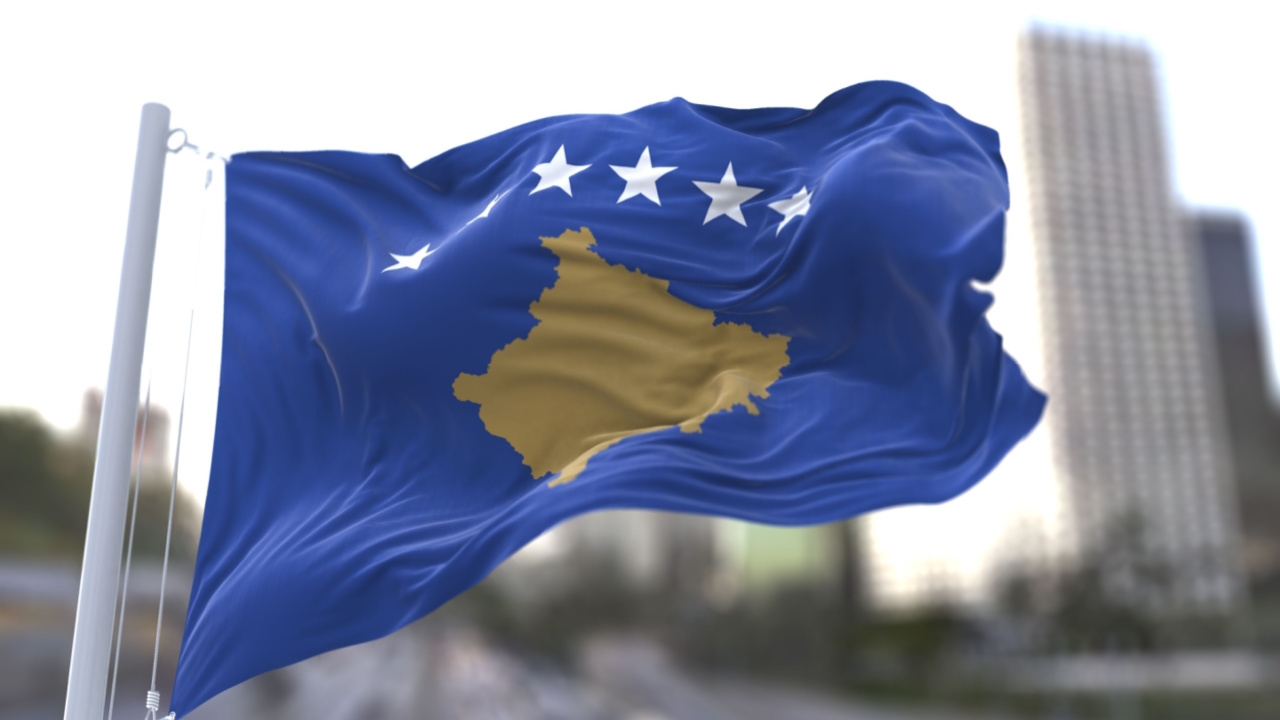
The Kosovo government has adopted coordinated measures to maintain energy supplies for the coming months, including a ban on cryptocurrency mining. The move comes amid a sharp rise in import prices, and restrictions can be extended for up to six months.
Kosovo authorities resume ban on cryptocurrency mining
Kosovo’s administrative authorities have approved certain measures to ensure adequate energy supplies to homes and businesses in the coming weeks and months; Tass news agency reports that the respective decrees were announced by the government in Prishtina this week.
The measures adopted by the Cabinet meeting include support for meeting the heating needs of households, support for the national grid operator to guarantee the safety of electricity distribution, and efforts by all institutions to reduce consumption.
Prohibiting the use of electrical energy for the production of digital currency was also cited as a necessary move. Industrial activities that consume large amounts of electricity were first shut down last winter when the partially approved republics in Southeastern Europe were facing shortages.
The government explained that it is introducing “emergency measures” in relation to the current global energy situation, namely the rapidly increasing share of energy imports by Kosovo and the possible ban on fossil fuel exports from several European countries. The latter could lead to further price increases.
In a statement, the Kosovo authorities claimed that their main motivation is to protect public interests as well as to ensure adequate energy supplies during the winter. The measures, which include a ban on mining, were initially imposed for two months, but the ministers can extend the ban by up to 180 days by majority vote.
In addition to shutting down cryptocurrency mining last year, the government also went after operators of illegal mining facilities and seized hardware in numerous police raids, including hundreds of coin minting devices from underground crypto farms.
The crackdown threatened to heighten ethnic tensions in the small country, as the Albanian-led central government targeted a predominantly Serb-populated area in the north where consumers have refused to pay electricity bills for over 20 years because they do not recognize Prishtina’s authority.
Image Credit: Shutterstock, Pixabay, Wiki Commons














